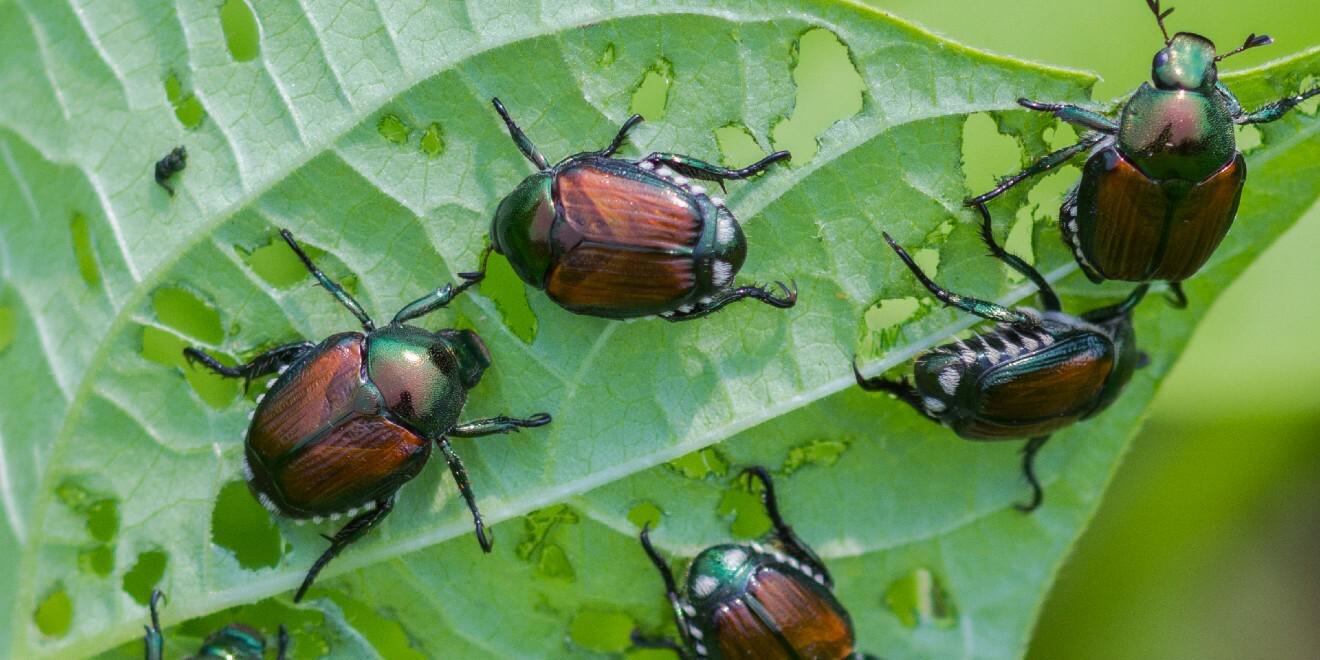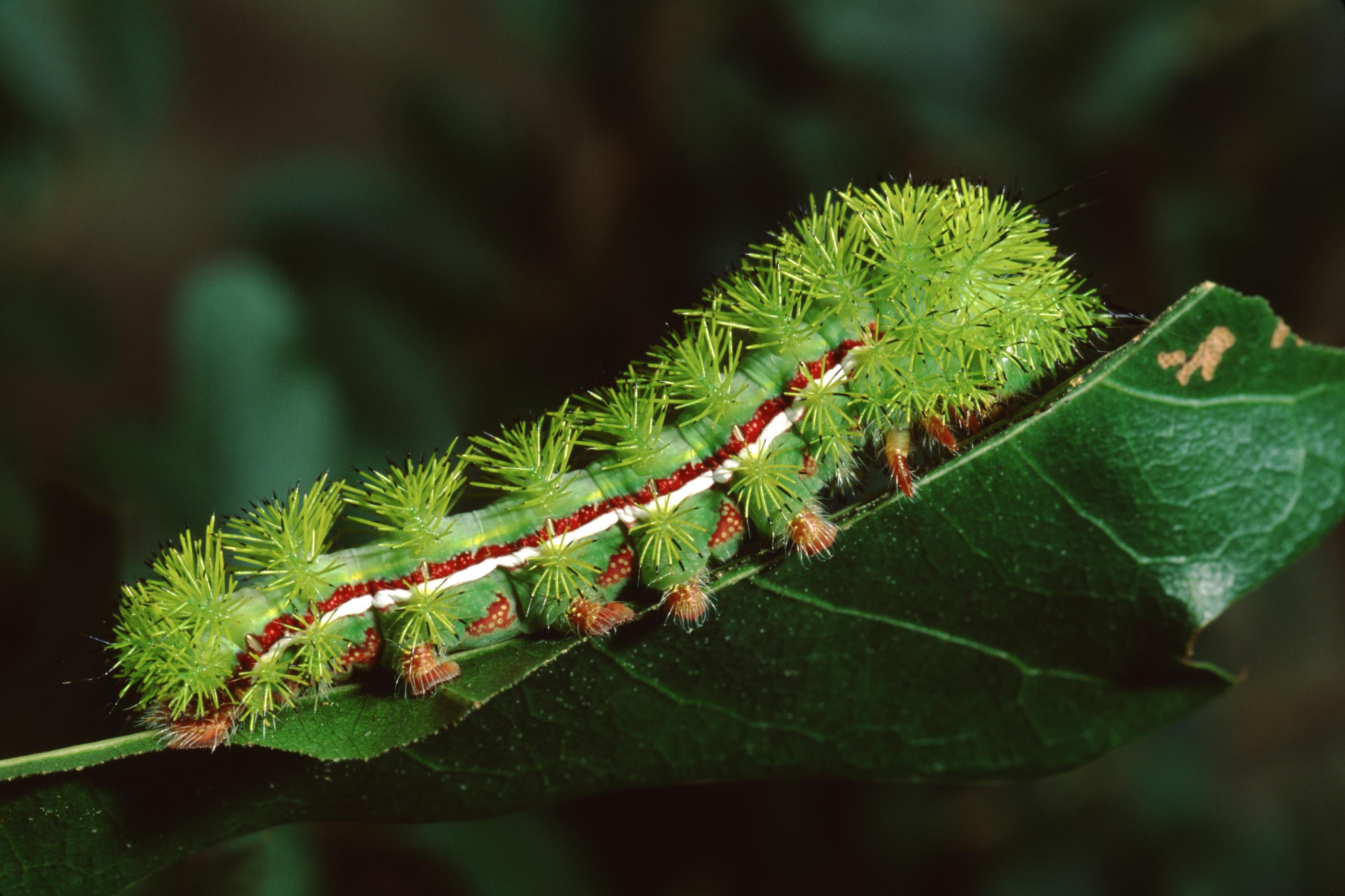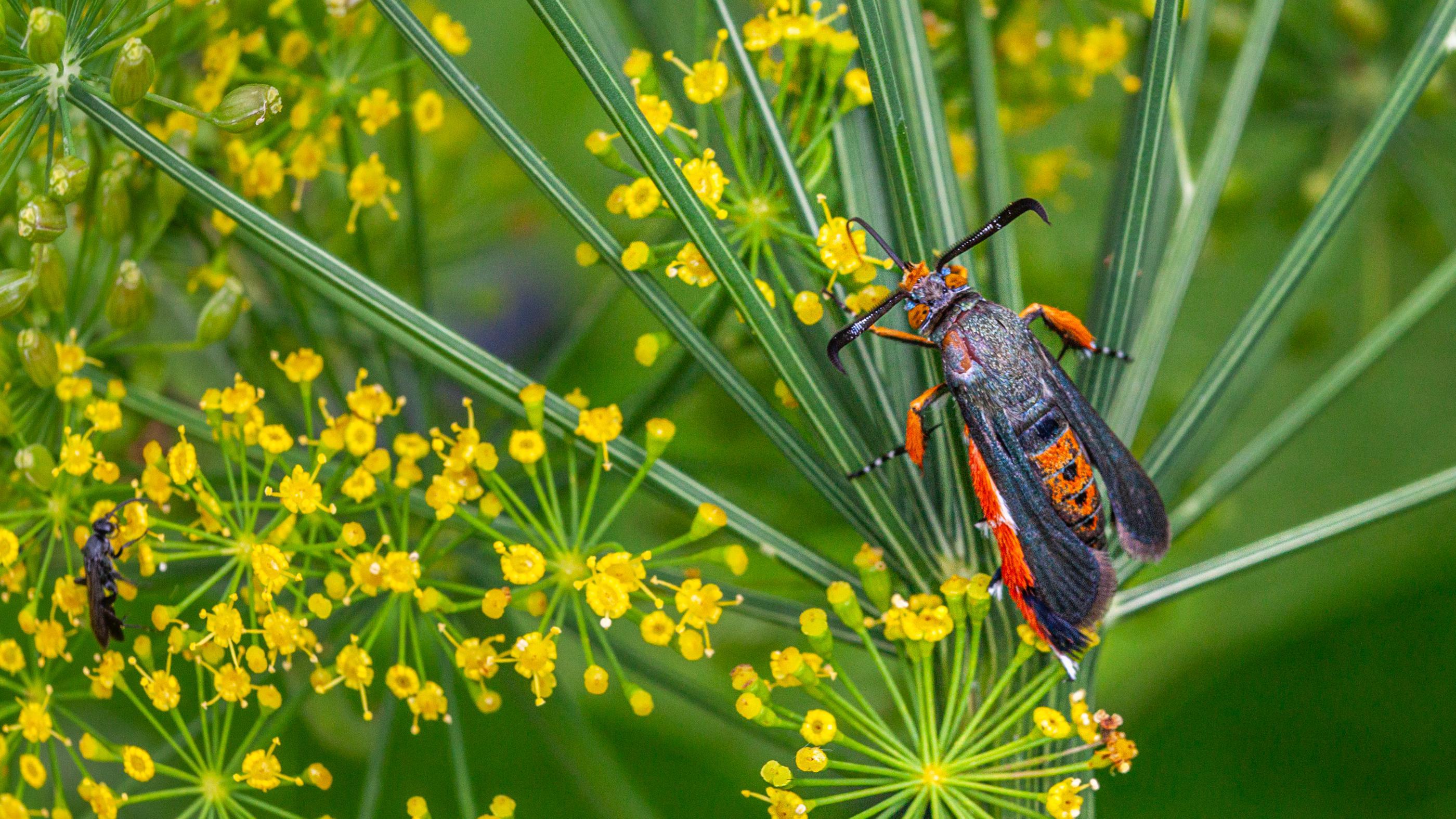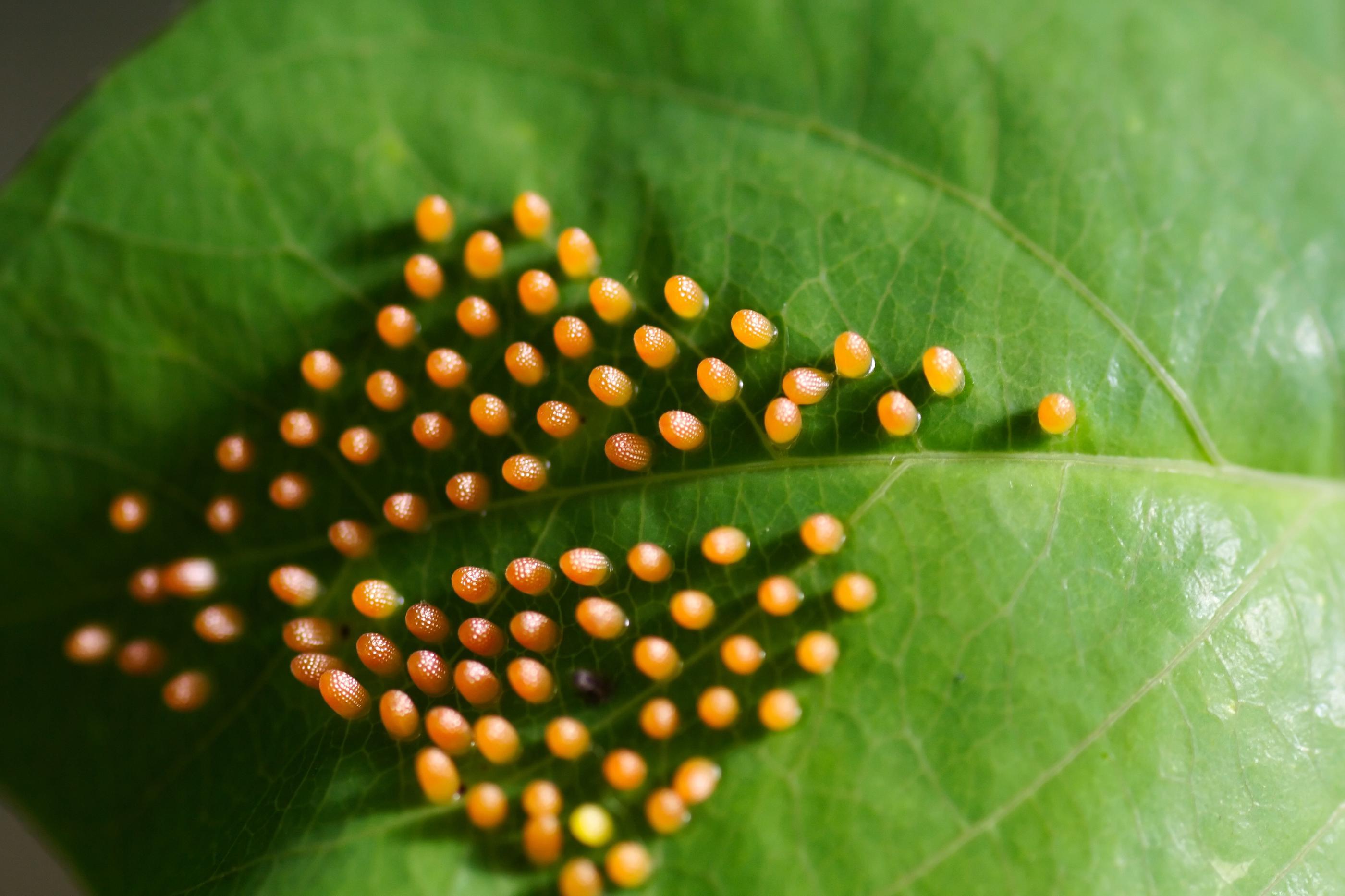Can Mosquitoes Fly in the Rain?
Posted by Mosquito Squad
September 19, 2016
Today it’s raining in Washington, DC. And when it rains, it pours (and traffic simultaneously halts)! The current forecast has us thinking about a common question we get regarding mosquito flight patterns:
Can mosquitoes fly in the rain?
Mosquitoes are notoriously weak fliers. This is great news for humans because it means that a simple defense like a powerful fan can prevent our buzzy backyard intruders from coming near us. That’s why it’s such surprising news that mosquitoes can, in fact, fly in the rain, which is a daunting task for a bug.
Putting the rain in perspective
Rain is not much of a threat to us, but for a mosquito, it’s the equivalent of a human getting hit by a pickup truck, according to Smithsonian Magazine. A single raindrop weighs 50 times as much as a mosquito and it can fall as fast as 22 miles per hour.
With these giant objects mounting an assault from the air, it seems like mosquitoes wouldn’t stand a chance. So, it goes without saying that the team of researchers at the Georgia Institute of Technology were also very surprised by what their study revealed.
How do they do it?
Apparently, mosquitoes can survive falling raindrops because of their tiny mass and their strong exoskeleton. David Hu, an engineer and the author of the study, compares the encounter to boxing with a balloon. Balloons offer so little resistance that they would be unharmed by a blow. The same thing happens with mosquitoes. Instead of fighting the raindrops, they essentially become one with them.
When water hits the insect dead on, the mosquito is briefly enveloped by the drop, but with its long wings and legs, it can pull away from the raindrop before it hits the ground. By joining the raindrop instead of resisting it, the mosquito does not absorb much force, so it can fly away unharmed. Since the mosquito is so much lighter than a raindrop, the drops don’t lose very much momentum when they collide with the insect. This means the drops don’t expel much force onto the mosquito. However, none of this applies if the mosquito is on the ground or very close to it.
The research method
Studying this process was not an easy proposition. “Hitting a mosquito with a raindrop is a difficult experiment,” Hu told NPR. “The first thing we did was drop small drops from the third floor story of our building onto a container of mosquitoes, and you can imagine that didn’t go very well. It’s kind of like playing the worst game of darts you can imagine.”
After that, the team decided to build a controlled flight arena where they could simulate the velocity of raindrops by firing jets of water at mosquitoes in an acrylic cage and film the results with a super-high-speed video camera. Amazingly, all six subjects survived.
What’s the takeaway?
When you consider that raindrops collide with mosquitoes with G-forces up to 300 times gravity, it’s really quite incredible that they can survive. Humans couldn’t stand up to the same attack. In fact, this force is the highest ever recorded acceleration that an animal has survived, according to Wired.
Weathering rainstorms is a very valuable trait for mosquitoes because they thrive in hot, humid climates where rain is frequent. Hu estimates that mosquitoes are hit with a raindrop about once every 20 seconds during a typical shower, according to the journal, Nature.
Hu’s study was published in the Proceedings of the National Academy of Sciences, and it has important implications for mosquito control and miniature robotics research. The team plans to expand upon their research so they can better understand how mosquitoes fly in other weather conditions to help improve mosquito control and to enhance the design of micro air vehicles that can be used for surveillance.
As much as we love to hate these pests, we have to admit that they are pretty remarkable creatures. Visit our blog regularly for more fun facts about mosquitoes and interesting developments in the field!















